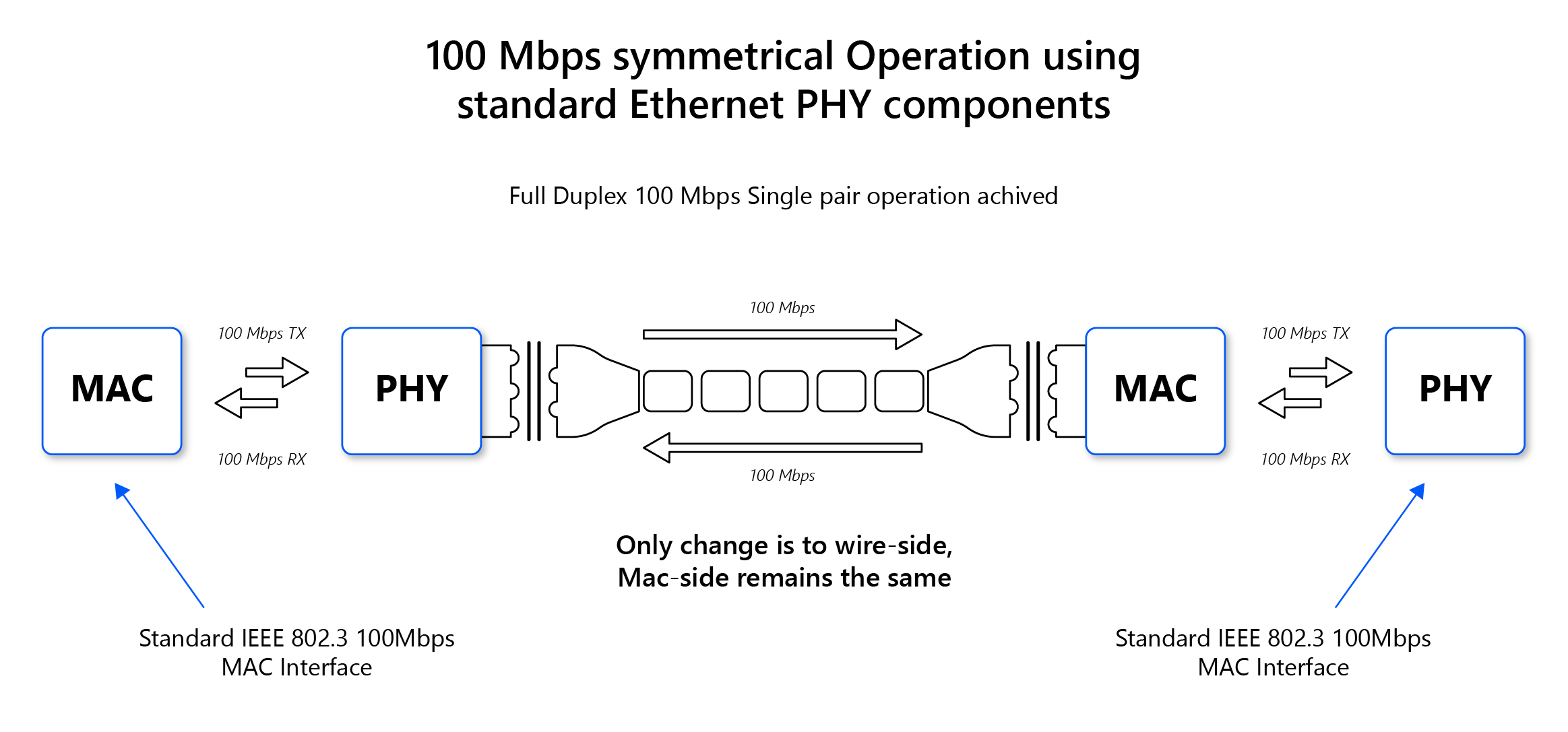Golf Cart Street Legality: Understanding the Rules and Requirements
Golf cart street legality: understand the rules and requirements
Golf carts have evolved beyond the fairways and greens to become popular transportation options in many communities. Whether you live in a golf course community, a retirement village, or only want a more economical way to make short trips, you might be wonder if golf carts are street legal. The answer isn’t straightforward — it depend on various factors include location, vehicle specifications, and local regulations.
What make a golf cart street legal?
Standard golf carts, as manufacture for golf courses, are mostly not street legal in their original form. To be lawfully operate on public roads, golf carts typically need modifications to meet specific safety requirements. These requirements vary by jurisdiction but usually include:
- Headlights and taillights
- Turn signals
- Rearview and side mirrors
- Windshield
- Seat belts
- Horn
- Brake lights
- Reflectors
- Slowly move vehicle emblem
A golf cart that has been modified to include these safety features is mucreferreder to as a low speed veh(lLSU)sv ) or neighborhood electric vehic( Nev) ). These terms have specific legal definitions that vary by jurisdiction.

Source: iconev.com
Federal regulations for low speed vehicles
At the federal level, the national highway traffic safety administration (nNHTSA)define a low speed vehicle as a fofour-wheelehicle with a top speed greater than 20 mph but not exceed 25 mph. LsCSVsust comply with federal motor vehicle safety standard ( (vFMVSS). 500, which specify minimum safety equipment.
Under federal guidelines, CSVs can be lawfully operated on roads with post speed limits of 35 mph or less. Notwithstanding, state and local regulations may far restrict where these vehicles can be drive.
State by state regulations
Golf cart laws vary importantly from state to state, and regular within states, local municipalities may have their own ordinances. Here’s how some states approach golf cart street legality:
Florida
Florida has some of the most golf cart friendly laws in the country, which isn’t surprising give its numerous retirement and golf communities. The state distinguish between standard golf carts and lCSVs
- Standard golf carts can be operated on roads designate for golf cart use with a maximum speed limit of 25 mph
- CSVs can be operated on streets with speed limits up to 35 mph
- Both require drivers to be at least 14 years old for golf carts and have a valid driver’s license for CSVs
California
California have stricter regulations. Standard golf carts can exclusively be operated on public roads that cross golf courses or are within one mile of a golf course. For broader use, the vehicle must beregisteredr a aLSUsv and meet all safety requirements. Drivers must have a valid driver’s license.
Arizona
Arizona allow golf carts on public roads in age restrict communities if the roads have been designate for golf cart use. Outside these areas, golf carts must be registered aCSVsvs to be street legal. The state require golf cart operators to have a valid driver’s license.
Texas
In Texas, golf carts can be operated on public roads with speed limits of 35 mph or less, but exclusively under specific conditions: cross a highway, within two miles of a golf course, or in master plan communities. Local municipalities may have additional restrictions or allowances.
South Carolina
South Carolina allow golf carts on secondary roads where the speed limit is 35 mph or less. Operators must be at least 16 years old with a valid driver’s license. Golf carts must be registered with the department of motor vehicles and can exclusively boperatedte during daylight hours.
Differences between golf carts, CSVs, and news
Understand the distinctions between these vehicle types is crucial for determining street legality:
Standard golf carts
- Typically, have a top speed of less than 20 mph
- Mostly not street legal except in designate areas
- Commonly don’t require registration or insurance in most states
- Principally design for use on golf courses
Low speed vehicles (lCSVs)
- Have a top speed between 20 25 mph
- Must meet federal safety standards
- Require registration, insurance, and a license plate in most states
- Can be lawfully operate on roads with speed limits up to 35 mph (vary by state )
Neighborhood electric vehicles (nnews)
- Fundamentally electric CSVs
- Subject to the same regulations as CSVs
- Environmentally friendly alternative to gas power vehicles
- Become progressively popular in plan communities
Convert a standard golf cart to street legal status
If you’ll own a standard golf cart and will want to make it street legal, you will need to will modify it to meet the requirements of an av.LSUis process typically invoinvolves
-
Safety equipment installation:
Add all require safety features such as headlights, taillights, turn signals, mirrors, windshield, seat belts, and a horn. -
Speed modification:
Some golf carts may need modifications to reach the minimum speed requirement for CSVs (20 mph ) -
Vehicle identification number (vVIN)
Obtain a VIN if your golf cart doesn’t already have one. -
Inspection:
Have the modify vehicle inspect to ensure it meet all requirements. -
Registration and insurance:
Register the vehicle with your state’s DMV and obtain proper insurance coverage.
The cost of convert a golf cart to street legal status typically range from $1,000 to $$5000, depend on the extent of modifications need and the quality of components use.
Insurance requirements
While standard golf carts use solely on golf courses or private property mostly don’t require insurance, street legal golf carts commonly do. Insurance requirements vary by state but typically include:
- Liability coverage for bodily injury and property damage
- Uninsured / underinsured motorist coverage (in some states )
- Optional comprehensive and collision coverage
Insurance costs for street legal golf carts are typically lower than for standard automobiles, with annual premiums range from $100 to $$500depend on coverage levels and location.
Drive restrictions for street legal golf carts
Regular when golf carts meet all requirements to be street legal, there be typically restrictions on where and when they can be operated:

Source: longislandgolfcars.com
-
Speed limit restrictions:
Most jurisdictions exclusively allow golf carts on roads with speed limits of 35 mph or less. -
Time restrictions:
Some areas exclusively permit golf cart operation during daylight hours unless the vehicle is equipped with additional lighting. -
Road type restrictions:
Many states prohibit golf carts on state highways except to cross at designate intersections. -
Age and licensing requirements:
Operators typically must have a valid driver’s license, though some states allow younger drivers for standard golf carts.
Benefits of street legal golf carts
There be several advantages to use street legal golf carts for local transportation:
-
Cost-effective:
Lower purchase price, minimal fuel costs (specially for electric models ) and reduce maintenance compare to conventional vehicles. -
Environmentally friendly:
Electric golf carts produce zero emissions during operation. -
Convenience:
Easier parking, simple operation, and adequate for near short trips within communities. -
Community building:
Open air design encourage interaction with neighbors and community members.
Potential drawbacks and considerations
Before invest in a street legal golf cart, consider these potential limitations:
-
Limited range:
Most electric golf carts have a range of 20 40 miles per charge. -
Weather dependence:
Basic models offer limited protection from rain, cold, or extreme heat. -
Safety concerns:
Less crash protection than conventional vehicles. -
Limited cargo space:
Restrict capacity for passengers and goods. -
Speed limitations:
Maximum speed of 25 mph, which may be impractical in some situations.
Popular street legal golf cart models
Several manufacturers produce golf carts design to be easy convert to street legal status or sell as street legal from the factory:
-
Club car forward:
Offer a street legal package with all require safety features. -
E z go 2five:
Specifically design as a lLSUwith a top speed of 25 mph. -
Yamaha drive2 power tech ac:
Can be equipped withPTVptv package for street use. -
Gem e2:
Purpose build electric LSU with car like features. -
Star EV Capella:
Offer models that comply with LSU requirements.
Checking local regulations
Before purchase or modify a golf cart for street use, it’s essential to research the specific requirements in your area. Here’s how to find the information you need:
- Contact your local DMV or motor vehicle department for state regulations.
- Check with your city or county government for local ordinances.
- Consult with homeowners’ associations if you live in a planned community.
- Speak with local golf cart dealers who are typically knowledgeable about regional requirements.
Final thoughts on golf cart street legality
The street legality of golf carts exist on a spectrum, with regulations vary wide across jurisdictions. While some communities embrace these vehicles as efficient local transportation, others maintain stricter limitations on their use.
If you’re considered a golf cart for street use, take the time to understand all applicable regulations and requirements. The investment in proper safety equipment and registration not exclusively ensure legal compliance but besides enhance the safety of both occupants and other road users.
With proper modifications, registration, and adherence to local regulations, a street legal golf cart can be a practical, economical, and environmentally friendly transportation option for short trips within your community.
Remember that regulations can change, so it’s wise to sporadically check for updates to local ordinances regard golf cart use on public roads. By stay informed and compliant, you can enjoy the benefits of golf cart transportation while avoid potential fines or legal issues.


